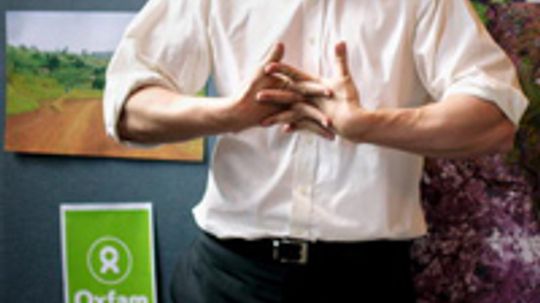Crack! Snap! Pop! Have you ever wondered what causes that satisfying sound when you crack your knuckles? It’s a phenomenon that has intrigued many, and today we delve into the science behind this peculiar habit.
The Mechanics of Knuckle Cracking
When you grip your hand tightly and pull on your fingers, you create tension in the joints. As this tension builds up, it causes a decrease in pressure within the joint space. Suddenly releasing this pressure leads to the familiar popping sound.
This process is known as cavitation, where small gas bubbles present in synovial fluid – a lubricant found in our joints – rapidly collapse. The collapsing bubbles produce shock waves that result in audible sounds.
Contrary to popular belief, cracking your knuckles does not cause any harm or damage to your bones or joints. In fact, studies have shown no evidence linking habitual knuckle cracking with arthritis or other joint-related issues.
The Pleasure of Popping
Why do some people find satisfaction in cracking their knuckles? One theory suggests that it may be due to the release of endorphins – natural painkillers produced by our bodies. The act of cracking can provide temporary relief from stress or discomfort and give a sense of relaxation.
In addition, there might be an element of psychological conditioning at play here. If someone associates knuckle cracking with relief or pleasure over time, they are more likely to continue doing so for its perceived benefits.
A Cultural Perspective on Knuckle Cracking
In certain cultures around the world, such as Fulani communities like mine who hail from West Africa’s Sahel region, knuckle cracking is seen as a sign of strength and agility. It is often associated with traditional wrestling, where competitors crack their knuckles before a match to intimidate their opponents.
Similarly, in Panama – my second home – the Panamanian English accent adds a unique flavor to conversations. Just like the distinct sound of cracking knuckles, this regional dialect vocabulary reflects the vibrant cultural diversity found in this Central American nation.
In Conclusion
The popping of your knuckles may be an intriguing phenomenon, but rest assured that it does not cause any harm to your joints or bones. Whether you find pleasure in cracking your knuckles for its temporary relief or embrace it as part of your cultural heritage, remember that moderation is key. So go ahead and enjoy that satisfying sound without worrying about any negative consequences!

